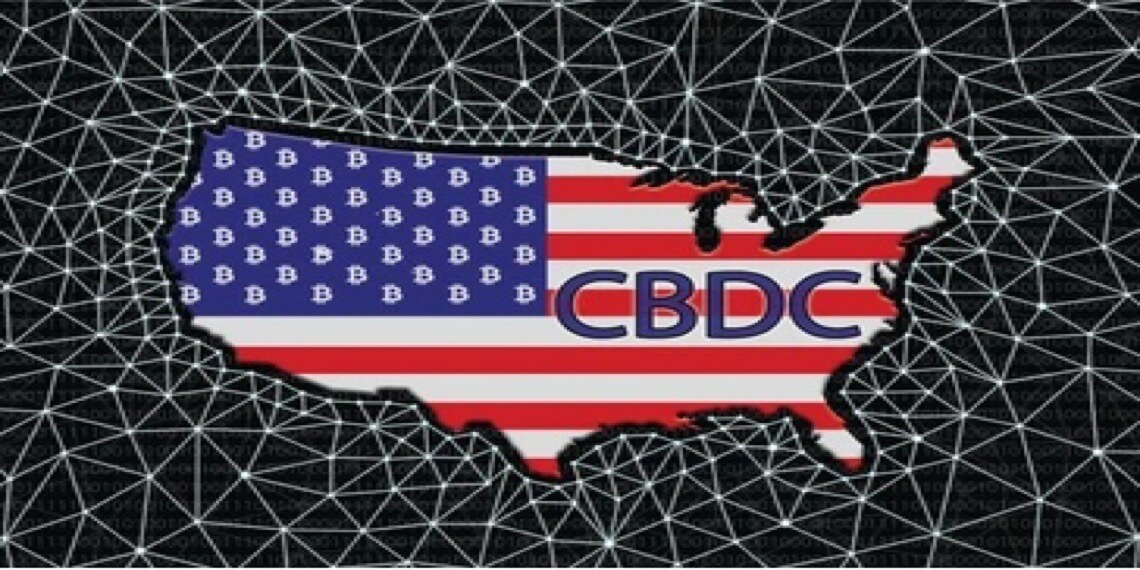A recent series of polls conducted by the Cato Institute, a libertarian think tank based in Washington, D.C., unveiled that only 16% of Americans favor the adoption of a Central Bank Digital Currency (CBDC), while 34% oppose it. The survey indicates that the majority of Americans, 49%, have not developed a strong opinion on the matter.
The report showed that 34% of Americans oppose CBDC
The Cato Institute highlighted that only 28% of the respondents were familiar with CBDCs, which are tokenized alternatives to cash maintained by governments or central banks, unlike decentralized networks and private companies that issue stablecoins pegged to sovereign currencies.
Criticism of CBDCs has emerged within the crypto space, with figures like whistleblower Edward Snowden referring to them as “cryptofascist currencies” that could potentially harm individuals’ savings. Concerns about CBDCs have also been voiced by political figures from both sides of the aisle, such as Democrat Robert F. Kennedy Jr and Republican Florida Governor Ron DeSantis, who moved to outlaw CBDCs in Florida.
Opposition to CBDCs appears to be more prevalent among Republicans, with 53% opposing them compared to 22% of Democrats and 27% of independent voters. Republicans also exhibited a higher level of awareness regarding CBDCs. Governor DeSantis, for instance, expressed his strong disapproval of a digital dollar during a recent Twitter Space conversation with Elon Musk, asserting that it wouldn’t happen under his presidency.
The Cato Institute’s survey indicates that both Republicans and Democrats would oppose a CBDC if it had the power to control individuals’ spending habits and restrict their financial freedom. Concerns were also raised about potential government surveillance and intrusion into personal financial transactions.
Concerns over the partisan divide and its influence on public opinion
Critics of CBDCs, like lawmaker Tom Emmer, argue that they could enable financial surveillance and lead to increased government control. On the other hand, proponents contend that CBDCs could enhance financial inclusion. Emmer stated that his bill on CBDCs and the Federal Reserve has garnered broader Democratic support than publicly expressed.
Among the reasons cited in favor of a CBDC, Democrats found the reduced risk of money laundering and fraud appealing, while Republicans saw value in the government’s ability to ensure that welfare payments were used as intended.
The study further revealed that only 22% of Americans expressed a likelihood of using a CBDC if offered. Overall, the survey indicates that Americans are cautious about the potential costs and benefits of a CBDC, with many undecided on the issue. As the concept of CBDCs continues to gain attention, it remains a relatively new and evolving topic in the United States. The survey findings underscore the need for further education and discussion to shape public opinion on the matter.




